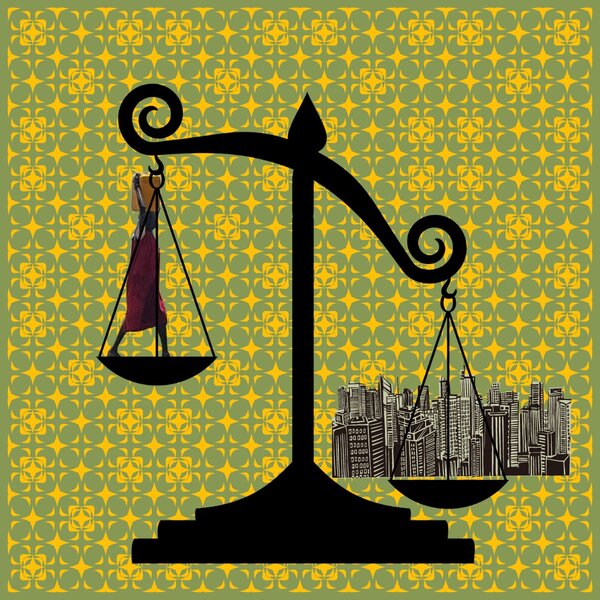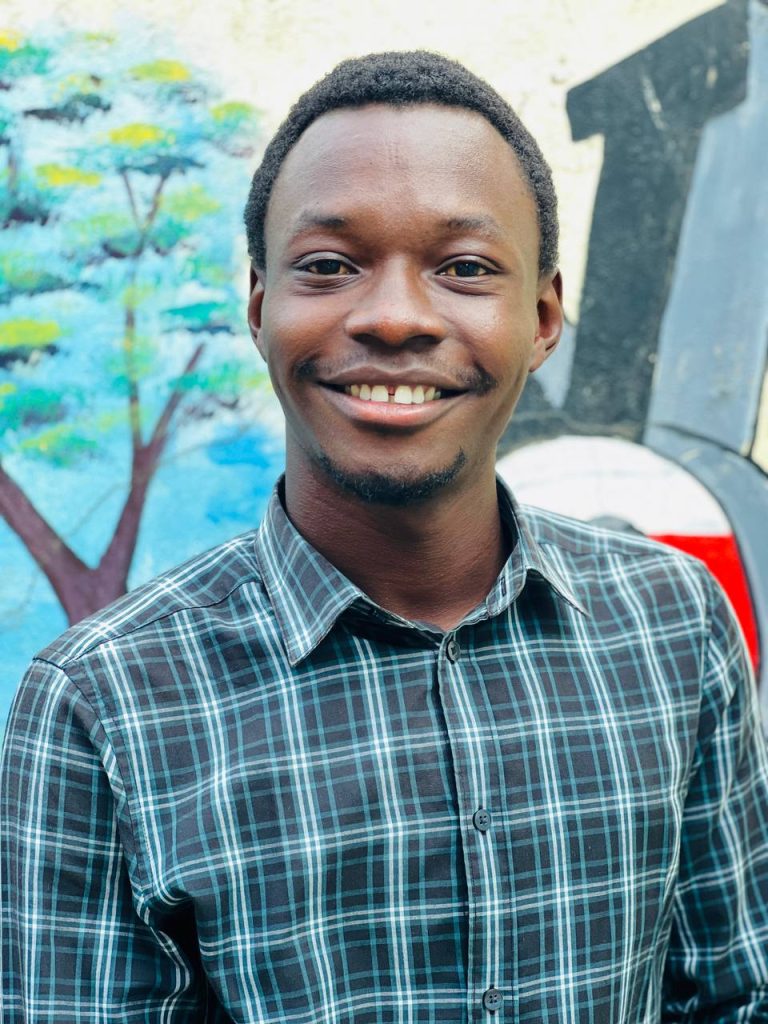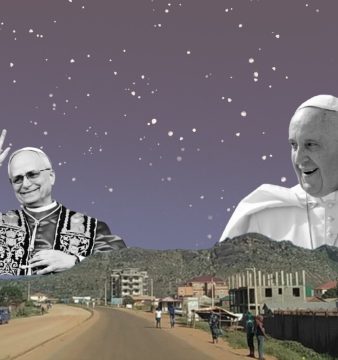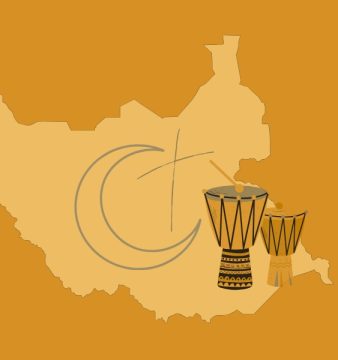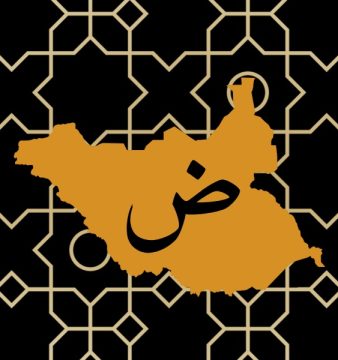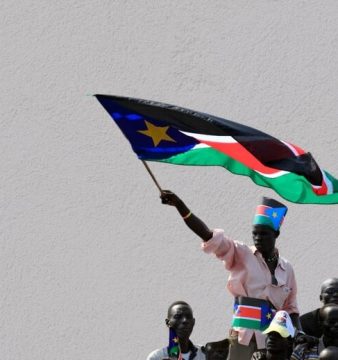Juba’s Urban Transformation: Balancing Progress with Cultural Identity
As we navigate through the bustling streets of Juba and other cities in South Sudan, we often find ourselves immersed in socio-cultural events that spark lively debates, which frequently revolve around comparing the past and present in regards to the traditions and values that have evolved throughout time. For South Sudan’s Generation Z, also known as Gen Z and Zoomers, which refers to people born between 1996 and 2010, our identity has been shaped by a myriad of factors, including civil wars, displacement, cultural exchange and the pervasive influence of media. These elements have collectively transformed the broader image of our culture, along with its more nuanced aspects.
People displaced during previous civil wars in South Sudan took refuge in neighbouring countries as they waited for the conflicts to end. Consequently, they raised two generations away from home, struggling to adapt to new environments while trying to pass on the core of South Sudanese traditions and culture to their sons and daughters. As they adapted to their host communities, they absorbed new customs, languages, and ways of life. This exposure broadened their perspectives and introduced them to a blend of traditions that they brought back home. Upon returning to South Sudan, these young individuals have begun to act like cultural bridges, integrating elements from their host countries into their local practices. This fusion has enriched South Sudanese culture, added layers of complexity and modernity while also challenging traditional norms. The result is a dynamic cultural landscape where the old and new coexist, reflecting the resilience and adaptability of a generation shaped by both displacement and the desire to reconnect with their roots.
Focusing on the point regarding urbanisation and its consequences at the family level and in cultural practices, we can clearly observe the changes in the social fabric and family structure. The impact of urbanisation is evident in the movement from traditional livelihoods to the urban informal economy, where people move to the urban areas, families and communities encounter the erosion of traditional cultural practices. For instance, the communal activities and rituals that were common in rural areas may become less frequent as people adapt to urban lifestyles. This also can affect the social norms in other terms. To make it clearer, traditional norms that relate to family size and polygamy are starting to fade due to urban life costs and the desire for better education for children and lifestyle. On the other hand, the cultural adaptation to urban life made a shift in terms of socialisation by introducing a new form of social interactions that shed the traditional forms which revolved around gatherings and celebrations of ancestors and tribal traditions related to new baby born naming for instance.
Economic growth, which requires knowledge and scientific advancement, has indirectly contributed to alienating individuals from their culture and traditions in an effort to become more westernised or to emulate other societies that are seen as optimal models of economic growth. In other words, Africans are still under tremendous pressure to match the west, in the name of modernisation and development, which are considered a euphemism for the western way of life. This evolution and growth gradually led individuals to shed the old model of their region, reflecting on family and social composition, and how culture and habits are consumed versus modern life in the age of social media.
As we observe social or cultural events, the most frequent question is: are today’s people less connected to their local traditions? Whenever this comparison arises, we look at cultural practices and their meanings, leading us to another question: do we really understand what we are culturally practising? Culture and heritage in today’s society have become luxuries rather than fundamentals. As the older generation once said, ‘Our sons are now advancing and keeping up with the outside world. With the same eyes, we see them shedding the basic elements of our identity.’ We truly neglected our local languages as an essential part of our identity, and tend to speak European languages. We commonly preferred the costumes of others more than ours, and our traditional rhythms were always placed behind the western hits. But the question here: do we know the importance of what we are losing sight of over time?
The interplay between war, displacement, migration and urbanisation has undeniably altered the social fabric and family structures within South Sudan. As we strive for economic growth and modernisation, there is palpable tension between preserving our cultural heritage and embracing new ways of life. The question remains: are we losing touch with our traditions, or are we simply adapting them to fit modernity? Understanding and valuing our cultural practices is crucial, not just to honour our past, but to shape a cohesive and resilient identity for the future. As we move forward, it is essential to strike a balance that allows us to progress without losing sight of the rich cultural legacy that defines us.
500WM Columnist Butros Nicola Bazia, born in Khartoum, Sudan in 2001, is a South Sudanese independent writer and storyteller currently based in Juba, South Sudan. He began his content creation journey with Young Black Voice Podcast in 2022 and transitioned to creative writing in 2023, driven by a deep interest in arts, culture, and society. His work reflects resilience and creativity, even amidst the challenges posed by ongoing conflict in the region. Nicola now runs his own blog, Autide Me, and has published works in Sudans Post and 500 Words Magazine, where he currently serves as a columnist.

